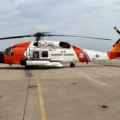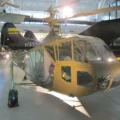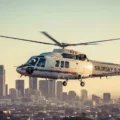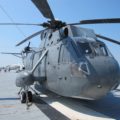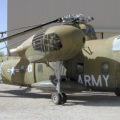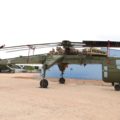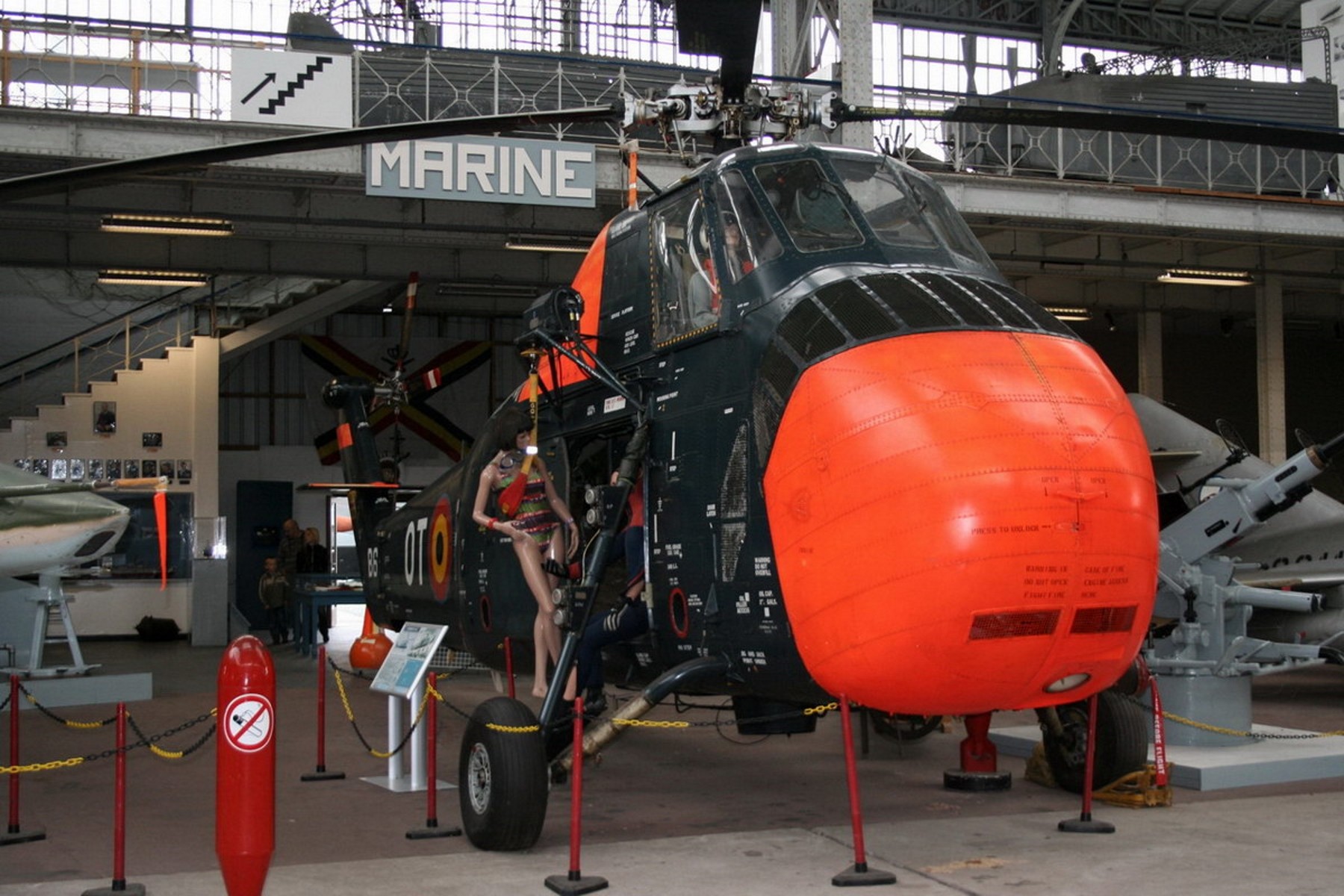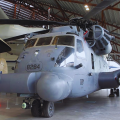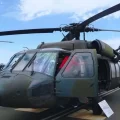
UH-19D Chickasaw | |
|---|---|
| Land | Usa |
| Typ | Nyttohelikopter |
| Första flygningen | 10 november 1949 |
| Byggd | 1728 |
Den Sikorsky H-19 ChickasawS-55 var en helikopter som användes av USA:s armé och flygvapnet. Det licensbyggdes också av Westland Aircraft som Westland Whirlwind i Storbritannien. Modellerna från USA:s flotta och kustbevakning fick beteckningen HO4S, medan modellerna från USA:s marinkår fick beteckningen HRS. År 1962 omklassificerades den amerikanska flottans, den amerikanska kustbevakningens och den amerikanska marinkårens versioner till H-19 som deras motsvarigheter i den amerikanska armén och det amerikanska flygvapnet.
Källkod: Wikipedia
| UH-19D Chickasaw | |
|---|---|
| Fotograf | Unknow |
| Lokalisering | Unknow |
| Bilder | 23 |
| Sikorsky S-55B | |
|---|---|
| Fotograf | Vladimir Yakubov |
| Lokalisering | Edwards flygbas flyguppvisning |
| Bilder | 103 |
| Sikorsky H-19 Chickasaw Walk Around | |
|---|---|
| Fotograf | Michael Benolkin |
| Lokalisering | Unknow |
| Bilder | 18 |
| Westland Whirlwind HAR 10 Walk Around | |
|---|---|
| Fotograf | Unknow |
| Lokalisering | Unknow |
| Bilder | 26 |
Se även:
| Sikorsky HRS1 Walk Around | |
|---|---|
| Fotograf | Unknow |
| Lokalisering | Unknow |
| Bilder | 24 |
Den Sikorsky H-19 Chickasaw (later designated UH-19 in the U.S. Army and HO4S or **H-34** variants in other services) was a widely used utility helicopter developed by Sikorsky Aircraft Corporation. While the UH-19D designation specifically refers to a late model used by the U.S. Army, the aircraft is fundamentally the same successful S-55 design. It was a pioneering aircraft, being the **first purpose-built transport helicopter** for the U.S. military.
Development and Purpose
- Origin: The Sikorsky S-55 first flew in 1949 and was a major advancement over earlier helicopter designs. It solved the complex engineering problem of separating the engine from the main cabin to allow for a large, usable cargo space.
- Engine Placement: Its most distinctive feature was the **engine mounted in the nose** of the fuselage, allowing the entire fuselage cabin to be used for cargo or passengers. A long drive shaft ran up and back to the main rotor.
- Role: The H-19 was primarily designed for **transport, utility, and anti-submarine warfare (ASW)** roles. It was instrumental in demonstrating the helicopter’s viability as a tactical transport during the Korean War.
- UH-19D: This specific designation was a later U.S. Army version of the S-55 that featured an upgraded engine (the more powerful R-1340-40) and other minor improvements over earlier models (H-19A, B, C).
Key Features and Specifications (Typical S-55/UH-19)
- Rotor System: Single main rotor and a tail rotor. The main rotor was often a three-bladed articulated system.
- Engine: Typically powered by a single **Wright R-1300 or Pratt & Whitney R-1340 Wasp radial piston engine** (around 600 to 800 hp, depending on the variant).
- Capacity:
- Crew: 2 (Pilot and Co-pilot/Engineer).
- Troops/Passengers: The main cabin was large enough to accommodate **10 to 12 fully equipped troops** or six stretcher cases.
- Cargo: Up to 3,000 lbs (1,360 kg) of internal or external cargo.
- Operational Performance (General):
- Cruising Speed: Around 90-100 mph (145-160 km/h).
- Range: Approximately 400 miles (644 km).
- Service Ceiling: Roughly 10,000 feet (3,000 m).
Operational History and Legacy
- Korean War: The H-19 (then designated H-19 Chickasaw) proved its value during the Korean War, demonstrating the capability of helicopters to perform troop movements, casualty evacuation (CASEVAC), and cargo resupply in battlefield conditions.
- Widespread Use: The S-55 and its variants were used by the armed forces of over 20 nations, making it one of the most successful early military helicopters.
- Longevity: The design’s success led to the development of the more powerful and enduring **Sikorsky H-34 Choctaw (S-58)**, which used the same basic layout but with a larger engine and airframe.
- Civilian Use: The S-55 was also one of the first helicopters to be widely used in civilian roles, particularly for short-haul passenger transport and offshore oil rig support.
Visningar : 3413




















